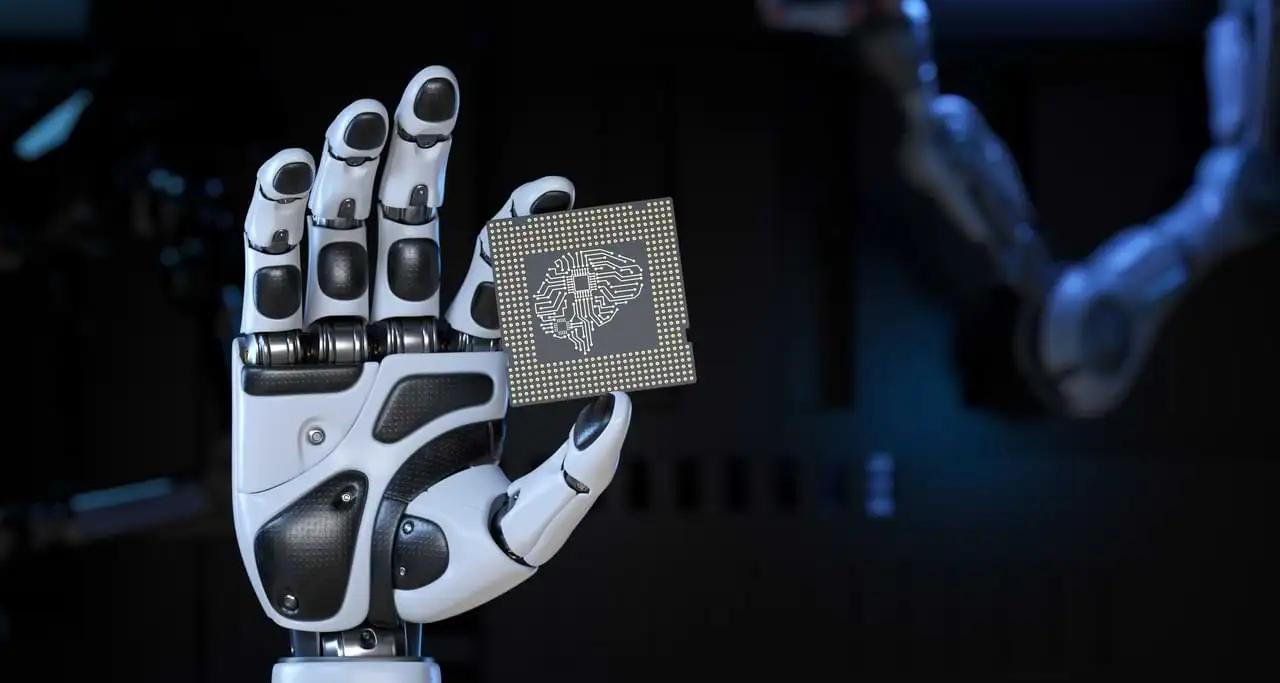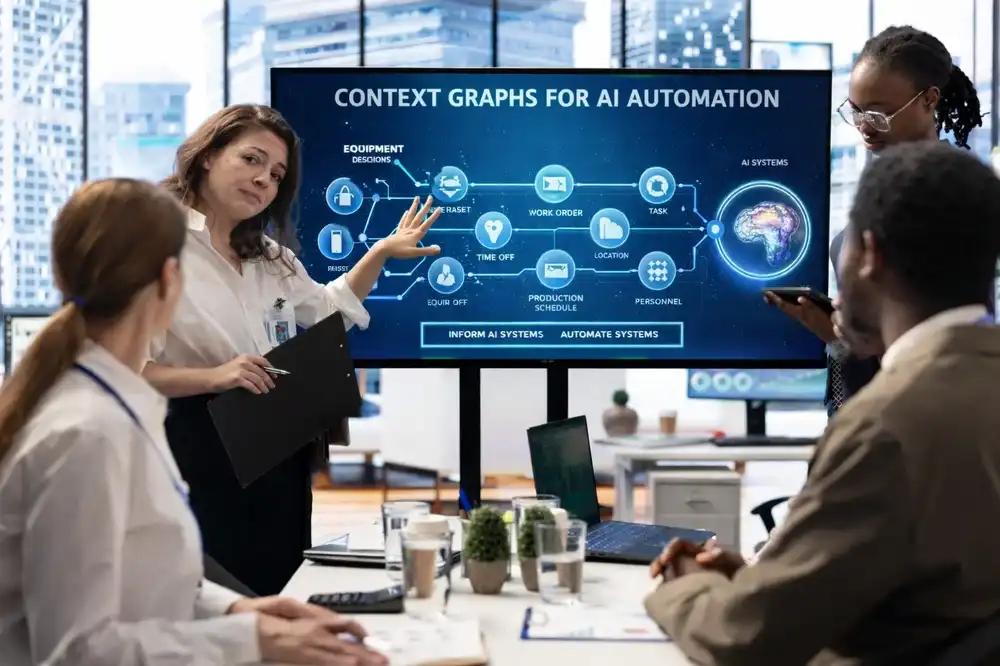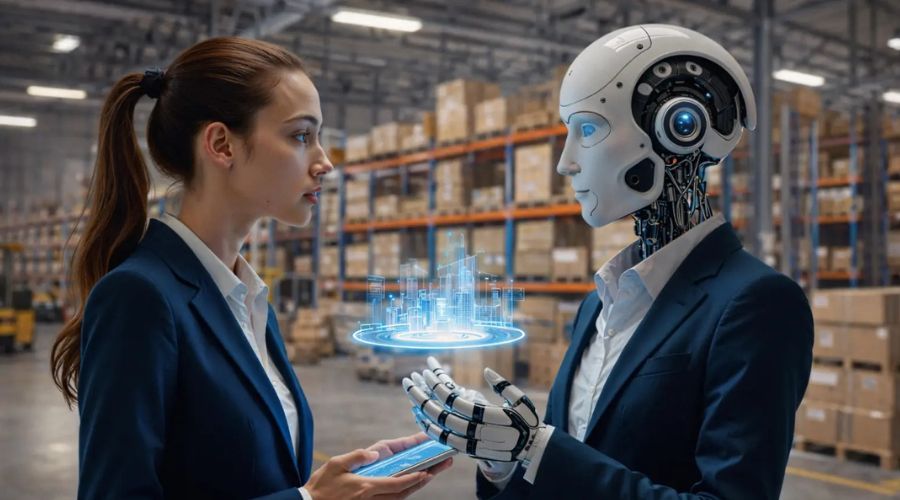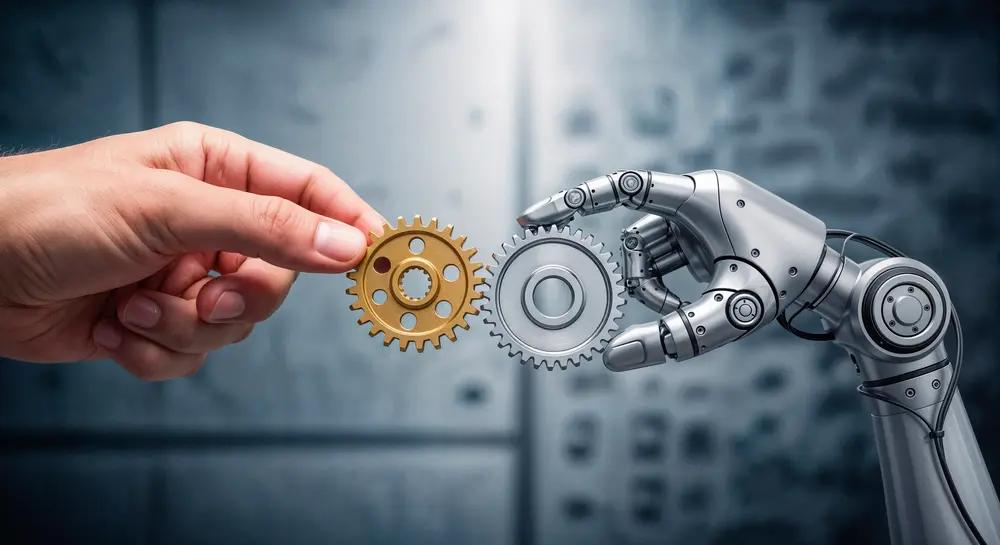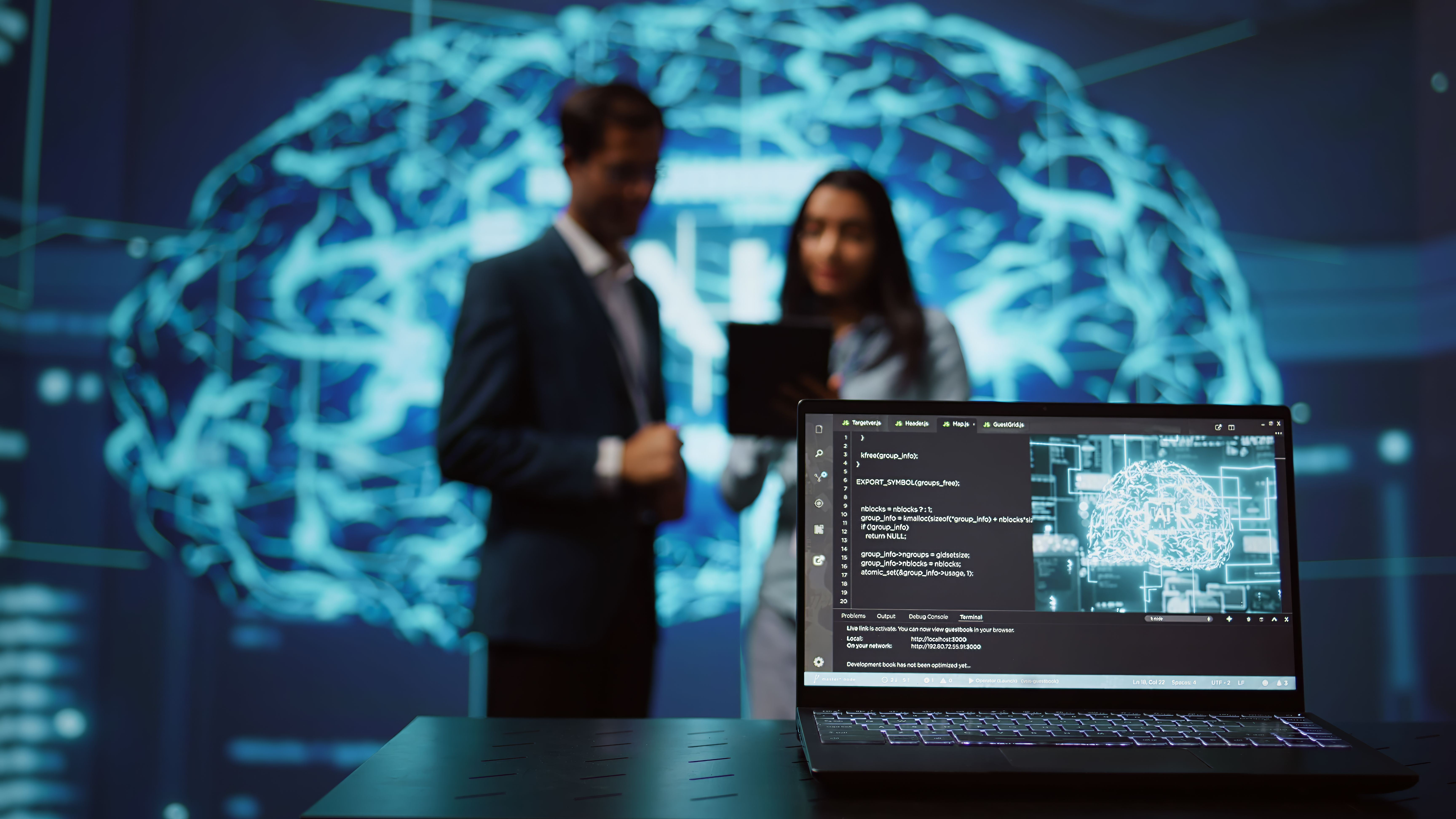Artificial Intelligence (AI) is like a newly planted seed in the soil of digitization, which is gradually growing and flourishing into diverse areas. Businesses upgraded with AI Agents Development Services are experiencing better operational efficiency and customer engagement. AI agents are dynamic applications that support automation and implement various functions from chatbots to sophisticated virtual assistants.
The AI Agents Development Services include the latest algorithms and machine learning techniques to develop smart solutions that support innovation. With the power of AI, businesses get acquainted with new techniques of operating better, taking wiser decisions, and stand out independently in their markets.
Let’s explore the incredible possibilities that AI agents offer and can help companies find their way through an exciting new landscape. This blog takes a closer look at the intriguing evolution of AI agents, tracing their journey from simple chatbots to sophisticated multi-agent systems. The need of multi-agents systems emerged to resolve the complex interactions and collaborate collectively.
Let's See the Comparison Between Chatbots vs AI Agents:
- Definition: Chatbots are basically programs that strike natural human conversations with users using either text or voice. Whereas AI agents can actually handle tasks on their own. They rely on machine learning and data analysis to figure things out and make decisions.
- Functionality: Chatbots mostly stick to answering questions and giving information, using scripts or rules they have been programmed with. But AI agents are a bit more advanced. They can dig into data, pick up on experiences, and adjust how they operate to get better over time. The way they evolve and learn improves functionality of applications.
- Complexity: Chatbots carry simplicity in design and functionality, limited to performing specific tasks. Besides, AI agents own higher capabilities of managing a range of tasks alongside integrating with multiple systems to achieve best results.
- User Interaction: Chatbots interact in a straightforward pattern while AI agents are capable of handling dynamic conversations, absorbing the user intent and responding with relevance.
- Learning Capability: Majority of the chatbots interact based on their programming abilities. However, AI agents make the conversations more real utilzing the machine learning algorithms and also considering user feedback.
What are Multi-agent Systems, and what does a Multi-agent AI architecture consist of?
Multi-agent systems activate with the power of artificial intelligence and computer science. What actually defines multi-agent systems is - independent entities, called agents work collectively to achieve targets. The character of independent working makes these multi agents exclusive and helps companies to sharpen decision-making abilities. Multi-agents can chat with each other, negotiate, and coordinate their actions. This teamwork enables them to resolve complex challenges that would otherwise be difficult for a solo agent to manage.
Related Read - AI Agents for Payment Processing Chatbots
The multi-agent AI architecture consists of:
- Agents: Multi-agent AI architecture consists of multiple autonomous agents that can operate independently or collaboratively. Each agent performs different functions, focusing on task specialization and improving problem-solving capabilities.
- Communication Protocols: AI agents follow communication protocols that let the agents think of them as little helpers—share info, work together, and even strike deals with each other. Good communication is key if we want to hit those shared goals and really boost how well the whole system works.
- Environment: The architecture operates within a defined environment where agents interact with each other and with external factors. When the environment is dynamic, agents own agility to act strategically based on the changes around.
- Coordination Mechanisms: When it comes to multi-agent systems, they rely on coordination mechanisms to help manage how different agents interact with each other. This can include task allocation, conflict resolution, and synchronization to ensure that agents work together effectively.
- Learning and Adaptation: Multi-agent architectures improve their performance at intervals via integration of learning algorithms. Here, agents enhance their capabilities from experiences and collaborative learning.
How Beneficial Are AI Agents for Enterprise Automation
As we see the business world is hustling to achieve AI benefits in the best possible way. Observantly, AI Agents Development Services are really shaking things up when it comes to automation. They are making processes smoother and helping boost productivity in ways we never really imagined. These smart systems can take care of all those repetitive tasks that nobody wants to do, like digging through tons of data or providing insights that actually help companies make better choices.
By automating those boring tasks, like data entry or customer support, and even inventory management, these AI agents are freeing up precious time for employees. And what do they get to do with that extra time? Focus on more important stuff that really drives the business forward. Not only does it ramp up efficiency, but it also cuts down on those pesky human errors. So, in the end, you get better accuracy and reliability in operations.
Besides, AI agents have this incredible ability to learn and adapt over time. They keep getting better and better, fine-tuning their responses to fit exactly what a business needs. This kind of flexibility is needed for companies nowadays to be quick on their feet, especially in such a competitive market where everything changes so fast to meet customer needs. By integrating AI into their automation processes, businesses can actually save a bunch of cash. They can figure out how to allocate their resources more efficiently, which means lower operational costs.
AI Agent Use Cases in Business Scenarios
- Customer Service Automation: Customer Service AI agents are stepping up when it comes to dealing with customer questions. Chatbots and virtual assistants can provide quick answers and support with high relevance. This not only boosts customer satisfaction but also helps businesses save on operational costs.
- Data Analysis and Insights: AI agents work beyond human capabilities and hence can conveniently analyze expansive data to extract key insights and ongoing trends to strategize effectively.
- Personalized Marketing: AI capabilities can support companies to devise personalized marketing campaigns that are effective in reaching diverse customer segments, matching their preferences and increasing conversion rates.
- Supply Chain Optimization: AI agents own predictive abilities to foresee the demand trends. Accordingly, inventory levels and logistics can be managed to achieve optimized supply chain operations.
- Fraud Detection and Prevention: In finance, AI agents keep an eye on transactions as they happen. This real-time monitoring helps spot and stop any fraudulent activities at the same time. So, not only does it protect the company's assets, but it also keeps customer information safe. It's like having a diligent watchdog on duty 24/7!
- Human Resource Management: AI can contribute in the HR activities to manage processes related to recruitment, employee onboarding, and performance evaluation. That’s how HR professionals can focus on strategic tasks rather than admisnitrive ones.
- Product Development and Innovation: AI agents can facilitate development of innovative products based on the thorough analysis of the market trends, demands and customer feedback.
Finally, when we look at how AI agents have developed over time, it’s remarkable! It is indeed a winning transformation from basic chatbots to complex multi-agent systems. This shift is largely because the tasks AI needs to handle are getting more complicated such as making customer interactions engaging and responsive.
Now, multi-agent systems really shine here. They are designed to let different agents communicate and work together, which boosts their problem-solving skills and makes them way more efficient.
And as technology keeps advancing, we are going to see even smarter systems emerge. With improvements in algorithms, machine learning, and natural language processing, these multi-agents will become more capable of interacting not just with us, but also with one another. The potential with multi agents can reshape industries and enhance our daily lives with new, innovative solutions.
